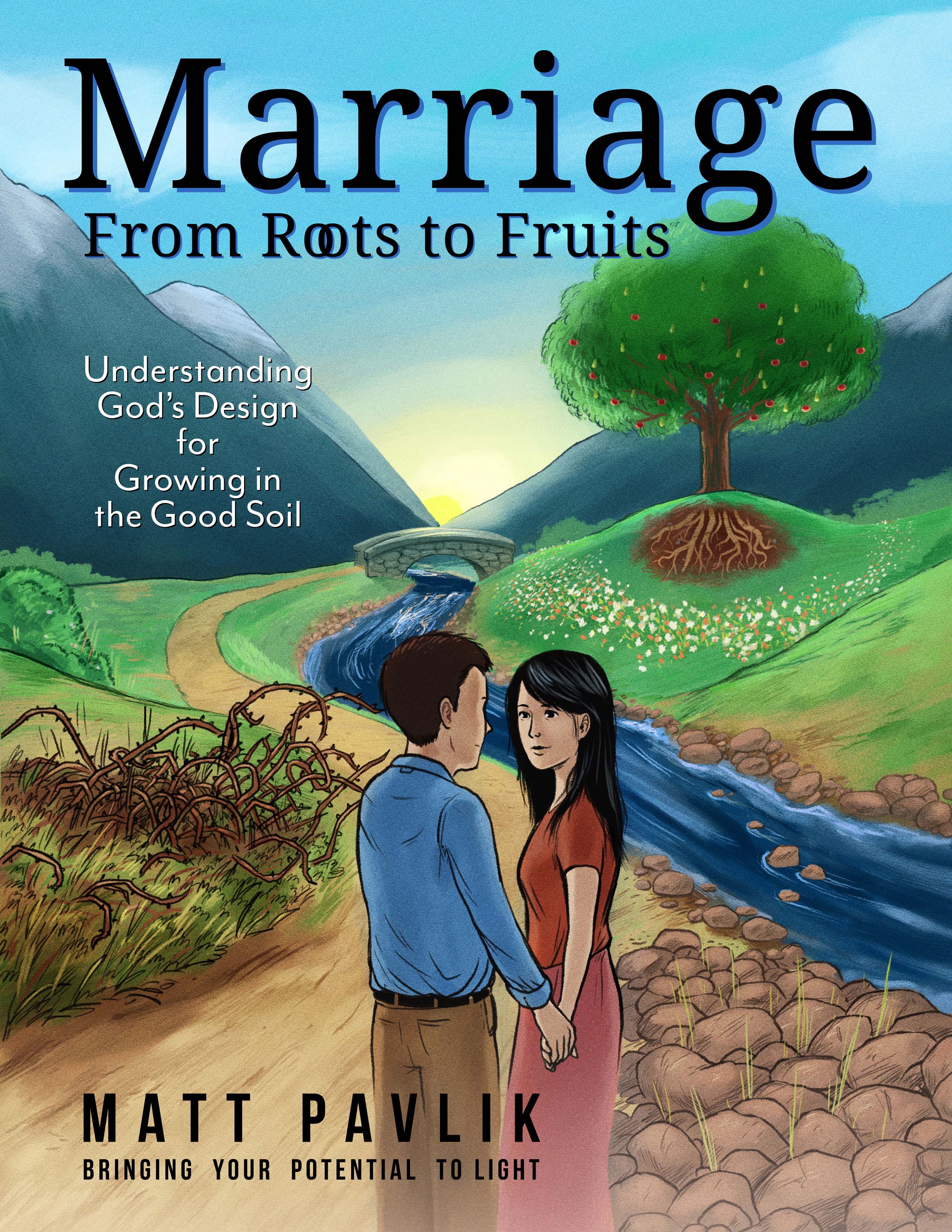Reading time: 4 minutes
How do you see the Lord? Wisdom enables you to respect God. But given that life can be so difficult, God might not seem worthy of respect.
Does the Bible contradict itself? How can a good God continue to allow pain and suffering? Why does God choose some people and seem to reject others?
Most Christians would agree the Bible is our source of truth. But how can there be so many different interpretations of the truth? Which one is right?
To interpret the Bible correctly requires keeping in mind two ideas. First: God authored it, so only He can correctly communicate His intentions. God’s Spirit within the believer guides the believer into truth. Second: Your presuppositions can make or break your interpretation. If a building’s foundation is faulty, the rest of it will be too.
I’m assuming you are a believer and want to know God’s opinion about the truth. So, I’m going to focus on the second idea: how to form a solid foundation. Because we read top to bottom, I will flip my analogy upside-down.
Instead of a building, I want you to imagine a pyramid. There’s only room for one block at the top. The next layer has a few more blocks, and the third layer has even more. To understand the Bible, you must know the one truth that is higher than all others. This truth helps interpret all the levels below it.
A hierarchy is needed to know what is most important. You have a pyramid of values that determines how you will interpret the Bible.
Wisdom says God Exists
Putting this truth at the top establishes your basic worldview. God created you. When you are trying to understand what the Bible has to say about your life, you first realize that God is real. See Hebrews 11:6.
Wisdom says God is Good
One level down you can establish that God is perfect. In all that God does, He is working for good. He can’t commit an evil act. This prevents you from questioning God’s motives. See Mark 10:18.
Wisdom says God is Love
Around the same level as good, we can say that God is love. He cares about you personally and wants an intimate connection. He wants to know you, and He wants you to know Him. See 1 John 4:8.
Wisdom says God is Higher
God always understands us, but we can’t always understand Him. See Isaiah 55:8-9 and Proverbs 3:5-6.
Wisdom says God is in Control
God is all-powerful. God has the power to change the outcome of history. When it unfolds the way it does, God is allowing it that way for His purposes. This allows us to trust God even when life is confusing and difficult. See Psalm 31:13-14.
You can make many plans,
Proverbs 19:21 NLT
but the Lord’s purpose will prevail.
Wisdom says God Allows Suffering
God continues to allow evil to exist. God allows bad things to happen. God allows suffering to continue.
How can these statements about God help strengthen your doubt? You might not have a full answer to why God allows suffering. Indeed, when He knows the time is right, the world as we know it will be gone and we’ll be in heaven. Until then, it’s important that we don’t lose our way.
There is a reason I put suffering so far down. When you’re in pain and suffering, look up farther in the pyramid. God is in control. God’s ways are higher. God is love. God is good. God exists. These are true whether your life is going well or not so well. These are true whether someone else’s life is going well or not so well.
If you start doubting the top of the pyramid, where will that lead you? How would your life be different with “God doesn’t exist” at the top?
Next time you read something in the Bible that confuses you or causes doubt, refer to your hierarchy of truth. It should save you from having to rebuild a pyramid every time you encounter a difficult life event.
Occasionally, you might find your pyramid has a weak point that needs to be strengthened. For example, you might need to know God’s forgiveness, and therefore, “God is love” fits closer to the top. This isn’t to say that truth can change but only recognizes that your understanding of what belongs at the top can shift some as you grow.
Fear of the Lord is the foundation of wisdom.
Proverbs 9:10 NLT
Knowledge of the Holy One results in good judgment.
Wisdom starts with (or is founded upon) fearing the Lord. Fear of the Lord is the top of the pyramid. God exists. He’s in control. He holds your very life. You live and breathe only because God wills it.
What struggles cause you to doubt? What helps you remain faithful (full of faith) despite circumstances?
Learn more about confidence in the Lord.
Image by lapping from Pixabay
Last updated May 28, 2023
Matt Pavlik is a licensed professional clinical counselor who wants to see each individual restored to their true identity. He has more than 20 years of experience counseling individuals and couples at his Christian counseling practice, New Reflections Counseling. Matt and Georgette have been married since 1999 and live with their four children in Centerville, Ohio.
Matt’s courses and books contain practical exercises that help God’s truth spring to life:






Very nice. The idea of looking up to higher levels of the basic truthful realities is helpful. Thanks!
Hi Doug,
I’m glad you like it. I like it because it makes it easier to not lose focus on what is most important.